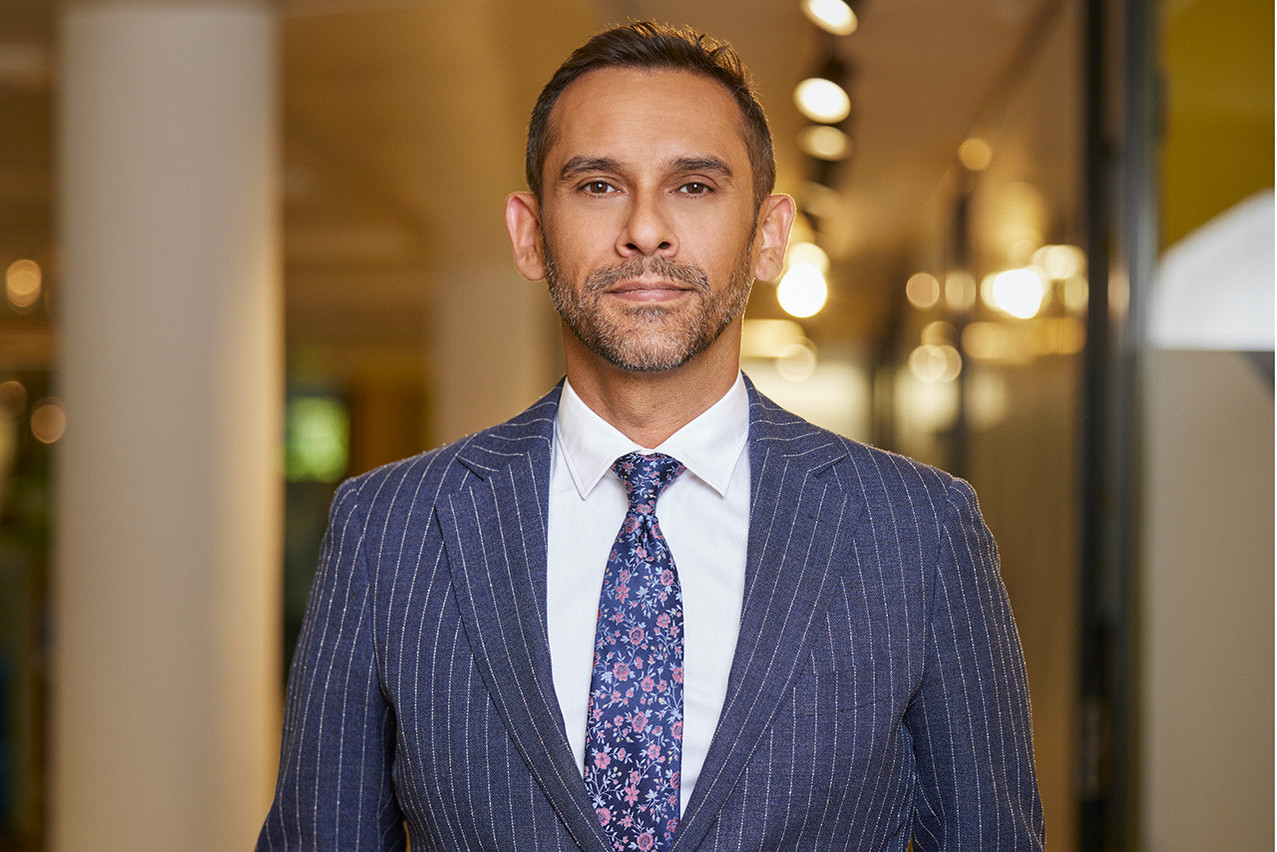Five years after his arrival, has ensured that everyone in the financial sector, and many beyond, are fully aware of Lhoft – the Luxembourg House of Financial Technology. Zubairi is an equally familiar face and name. In the midst of more than an hour of conversation between Zubairi and Paperjam’s Thierry Labro, one subject stands out: Know Your Client.
Thierry Labro: It is a heartbreaker given all that you do and all that you want to do, but I understand that you are going to launch an initiative on KYC, a subject that concerns many players in the financial industry. What can we say about it today?
Nasir Zubairi: The inefficiency and costs of KYC for the industry continue to rise. All economic actors who set up in Luxembourg need a bank, for example, that complies with AML, KYC and due diligence. They need lawyers, who respect AML, KYC, due diligence. They need a trustee who complies with AML, KYC, due diligence. If you were talking to investment funds, it would be the same. But you also need efficiency in reporting.
It's a question on a 'macro' scale to give them a competitive advantage. We need to find a mutualised solution. We will launch an initiative to coordinate and ensure that a solution is built. We will be a kind of middle-man between the industry, able to understand their needs and their challenges and opportunities and translate them into requirements. There may already be players, but I like the word 'solution'.
We are not going to force anyone! But if that's what the industry wants...
If you're really selling a solution and no one is buying your technology, then maybe you're not solving their problems... Maybe they're working on part of the overall process, but a key thing is that they forget the link between liability and responsibility. That they try to separate them. If you take the operational responsibility for KYC and AML, on behalf of an institution, you have to take the legal responsibility as well, otherwise it's not very fair. Imagine that the bank is fined and you say 'sorry'? That's not very fair!
The fact that banks and others still complain a lot about this shows that there is no perfect solution yet. One of the problems we want to solve with this action plan is how to get access to capital to make sure that the solution is developed. In the KYC connect project, there was anonymous shared documentation, but also a lot of barriers.
Should the state, as it does with connectivity for example, take the lead?
That's kind of what we do. We represent the country for fintech. We have stakeholders in the Foundation who are from the public sector and the private sector. We have had discussions with all the key institutions and there seems to be a general agreement that Lhoft should play the central role. We want to create the project team, but not build the solution. It is not our job to be developers. We want to provide clarity on what the problems and challenges are. And clarity about the requirements that need to be met as part of a solution.
Read also
Look at the UK, there's . You bring the players together to identify key problems. Then the key elements to bring solutions to them, which allow you to go to market with a call for projects, where solution providers can position themselves better and have the confidence that because the requirements are coming from a group of financial institutions, they will have better opportunities. You receive offers, as financial institutions, you select the ones that perfectly or best meet your requirements and you ask them for a proof of concept.
There is still a risk that some Luxembourg-based regtechs will not like this initiative, right? Have you spoken to them?
If you are not a solution for the institutions, you are not solving their problems. Yes, we have had discussions. The project is more general in scope. Let's take an example. This is a general example, an idea, not what we already have in mind. We could create a call for projects around a centralised compliance reporting solution for all institutions. You have a central hub that connects all the institutions in Luxembourg via a single API that manages all the questions about the essential data, the processes to be followed, etc.
Faced with the call for projects, it is up to the start-ups or companies to say: 'This is an interesting project for us to build'. We are not going to force anyone! But if that's what the industry wants...
Our role is not to say 'buy this or buy that', but to facilitate the emergence of solutions that the industry wants to adopt. If they want to adopt it, it becomes business. We are technology neutral.
This article was first published in . It has been translated and edited by Delano.

